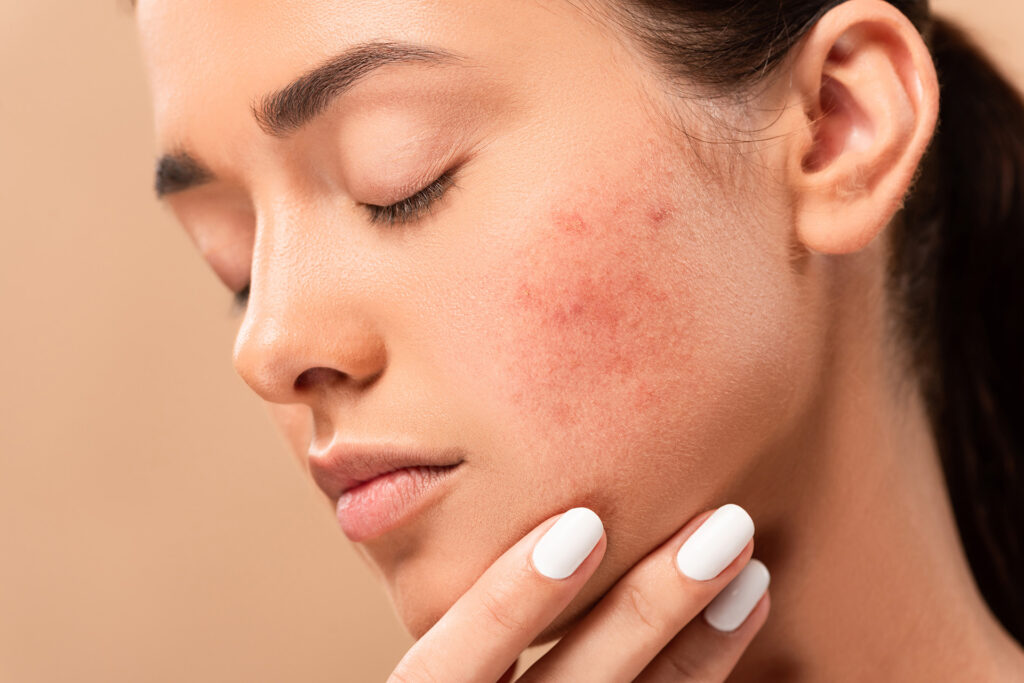
Say Goodbye to Acne: Top Treatments Available in Ilford
Acne is a common skin condition that affects people of all ages, often leading to frustration and a loss of confidence. Whether it’s occasional breakouts or persistent acne, finding an effective solution can be challenging. Fortunately, in Ilford, numerous advanced acne removal treatments can help individuals achieve clearer, healthier skin. In this blog, we will explore the top treatments available in Acne Removal Ilford to help you say goodbye to acne for good.
Understanding Acne and Its Causes
Before diving into the treatments, it’s important to understand what causes acne. Acne occurs when hair follicles become clogged with oil, dead skin cells, and bacteria. This leads to inflammation, resulting in pimples, blackheads, and cystic acne. Common factors that contribute to acne include:
- Hormonal Imbalances: Fluctuations in hormones, especially during puberty, pregnancy, or stress, can trigger acne outbreaks.
- Diet and Lifestyle: A diet high in processed foods, dairy, and sugar may contribute to acne. Stress and lack of sleep can also play a role.
- Excessive Oil Production: Some individuals naturally produce more oil, leading to clogged pores.
- Genetics: If your family has a history of acne, you may be more prone to breakouts.
Top Acne Treatments Available in Ilford
1. Chemical Peels
Chemical peels are one of the most effective treatments for acne-prone skin. This procedure involves applying a chemical solution to exfoliate the skin and remove dead cells, helping to unclog pores and reduce breakouts. Chemical peels also improve skin texture, lighten acne scars, and promote collagen production. There are different types of peels available, including:
- Salicylic Acid Peel: Best for oily and acne-prone skin, as it penetrates deep into the pores.
- Glycolic Acid Peel: Helps to exfoliate and brighten the skin.
- TCA Peel: A stronger peel that targets acne scars and pigmentation.
2. Laser Acne Treatment
Laser therapy is a popular acne removal treatment in Ilford. It works by targeting bacteria that cause acne, reducing inflammation, and promoting faster skin healing. Laser treatments also help in reducing excessive oil production, preventing future breakouts. This non-invasive treatment is ideal for individuals dealing with stubborn acne and scars.
3. Microneedling
Microneedling, also known as collagen induction therapy, is highly effective in treating acne scars and improving skin texture. The procedure involves using fine needles to create tiny punctures in the skin, stimulating collagen production. This helps in healing acne scars, reducing hyperpigmentation, and improving overall skin tone. Microneedling can be combined with serums and growth factors for enhanced results.
4. LED Light Therapy
LED light therapy is a painless and non-invasive treatment that helps reduce acne by using different wavelengths of light.
- Blue Light: Kills acne-causing bacteria and prevents breakouts.
- Red Light: Reduces inflammation and promotes skin healing.
- Near-Infrared Light: Helps with deep tissue healing and reduces scarring. This treatment is safe for all skin types and can be done alone or combined with other acne treatments for optimal results.
5. Medical-Grade Facials
Professional facials designed specifically for acne-prone skin can help control breakouts and improve skin health. These facials include deep cleansing, exfoliation, extractions, and specialized masks that target acne. Some common types of acne facials include:
- HydraFacial: Uses gentle suction and hydration to clear pores and remove impurities.
- Oxygen Facial: Delivers oxygen to the skin to reduce inflammation and promote healing.
- Acne Detox Facial: Focuses on deep cleansing and oil control.
6. Prescription Skincare Treatments
For those with persistent or severe acne, dermatologists in Ilford can prescribe topical or oral medications to help manage breakouts. Some common prescription treatments include:
- Retinoids: Help in unclogging pores and promoting cell turnover.
- Antibiotics: Reduce inflammation and kill acne-causing bacteria.
- Oral Contraceptives: Help regulate hormonal acne in women.
- Isotretinoin (Accutane): A strong medication used for severe cystic acne.
7. Extractions and Acne Surgery
In cases where acne forms deep cysts or nodules, professional extractions or minor surgical procedures may be necessary. Dermatologists can safely remove large acne lesions to prevent scarring and speed up healing. This treatment is usually recommended for those with painful and persistent acne.
Lifestyle and Skincare Tips to Prevent Acne
While professional treatments can help clear acne, maintaining a good skincare routine and healthy lifestyle is crucial to prevent future breakouts. Here are some essential tips:
- Cleanse Your Face Twice a Day: Use a gentle, non-comedogenic cleanser to remove dirt and excess oil.
- Exfoliate Regularly: Helps prevent clogged pores, but avoid over-exfoliating.
- Use Oil-Free and Non-Comedogenic Products: This includes makeup, moisturizers, and sunscreens.
- Stay Hydrated: Drinking enough water helps flush out toxins and keeps the skin healthy.
- Follow a Healthy Diet: Reduce sugar, dairy, and processed foods, and eat a balanced diet rich in fruits and vegetables.
- Manage Stress: Stress can trigger acne, so incorporate relaxation techniques like meditation and exercise.
Final Thoughts
Acne is a treatable condition, and with the right approach, you can achieve clear and healthy skin. In Ilford, there are numerous advanced treatments available, from chemical peels and laser therapy to microneedling and prescription skincare. If you struggle with acne, consulting a skincare specialist can help determine the best treatment for your skin type and concerns. With the right combination of professional care and a consistent skincare routine, you can say goodbye to acne and hello to radiant, blemish-free skin.
Leave Your Comment